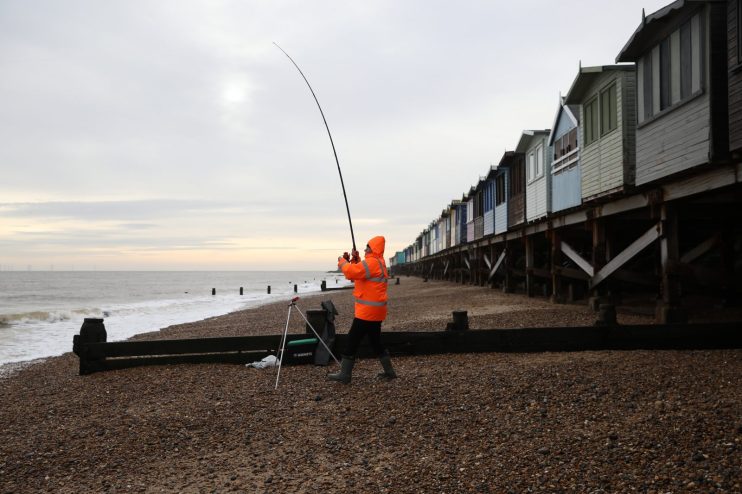Don’t bid farewell to all the Brexit fish just yet

So long, and thanks for all the fish.
Not only book four in the Hitchhikers’ Guide to the Galaxy trilogy (“in five parts”) by Douglas Adams, but also, apparently, a negotiating strategy.
The UK-EU trade talks are said to be trapped on a handful of unresolved issues, and one of them swims. We could be weeks away from stepping out of Europe and into the unknown with only our fish for company.
If that sounds irrational to you, you’d be right. In September, the LSE estimated that the long-term cost of leaving the EU without a deal would be eight per cent of GDP. Covid, for some perspective, is expected to knock 1.7 per cent off GDP by 2022.
The fish industry, meanwhile, accounts for just 0.1 per cent of the UK’s economy, and around the same share of the working population. If reason prevails at the negotiating table, then expect our fisheries to be sacrificed for the greater good on the altar of a deal.
Nothing, however, is decided by reason alone. In his Treatise of Human Nature, David Hume, the great philosopher of the Scottish Enlightenment, wrote of a “combat” between “passion and reason”. Hume argued that “reason is, and ought only to be the slave of the passions.” In short: our hearts rule our heads.
Hume’s argument flew in the face of his enlightened friends, who considered reason mankind’s greatest triumph. But it is Hume’s theory that has stood the test of time. In recent years, behavioural scientists like Daniel Kahneman and Richard Thaler have shown exhaustively that our decision-making is far more instinctive and intuitive than we might like to believe.
Which brings us back to fish. While our fisheries offer little reason to scupper an entire trade deal, they pack an emotional punch. The Brexit vote, at least to some degree, harked back to a time in our past when Britainnia ruled the waves, and whatever was under them. Brexit wasn’t an exercise in seizing control, it was the act of taking it back.
For an island nation, our fisheries are a link back to a maritime past. Great cities were built on the industry. Grimsby, for example. was once home to the world’s largest fishing fleet, and its fishermen were known as “three-day millionaires” for the weekend-long benders that followed a successful catch.
Today, it’s a quintessential “left behind town”, where the few remaining fishermen scratch out a living. It’s in towns like these where the 2019 election was won and lost. Over 70 per cent of the town voted to Leave the European Union in 2016. Great Grimsby, its constituency, had been a Labour seat since 1945 but the Conservatives claimed it at last December’s election.
Cold rationalism may indeed prevail in the weeks to come, with a deal for the rest of the country that leaves Britain’s fishermen unable to reclaim the waves. Perhaps the ground was laid for this in the Prime Minister’s announcement last week of the “green revolution” he plans to unleash, bringing new jobs to “left behind towns” across the country. Grimsby is already a centre of Britain’s emerging wind energy industry, and some of its old fishing trawlers now ferry engineers to turbines out at sea. If the Prime Minister makes good on his promise to turn Britain into the “Saudi Arabia of wind power”, perhaps old fishing towns like these will rise again in a new way.
But do not forget that reason is only slave to the passions. The memory of a seafaring nation’s fishermen betrayed will long be remembered, and so expect that emotional resonance to weigh heavily on the Prime Minister’s mind. And don’t be surprised if, when it comes to decision time, it is a trade deal we bid so long to, not the fish.
Main image credit: Getty